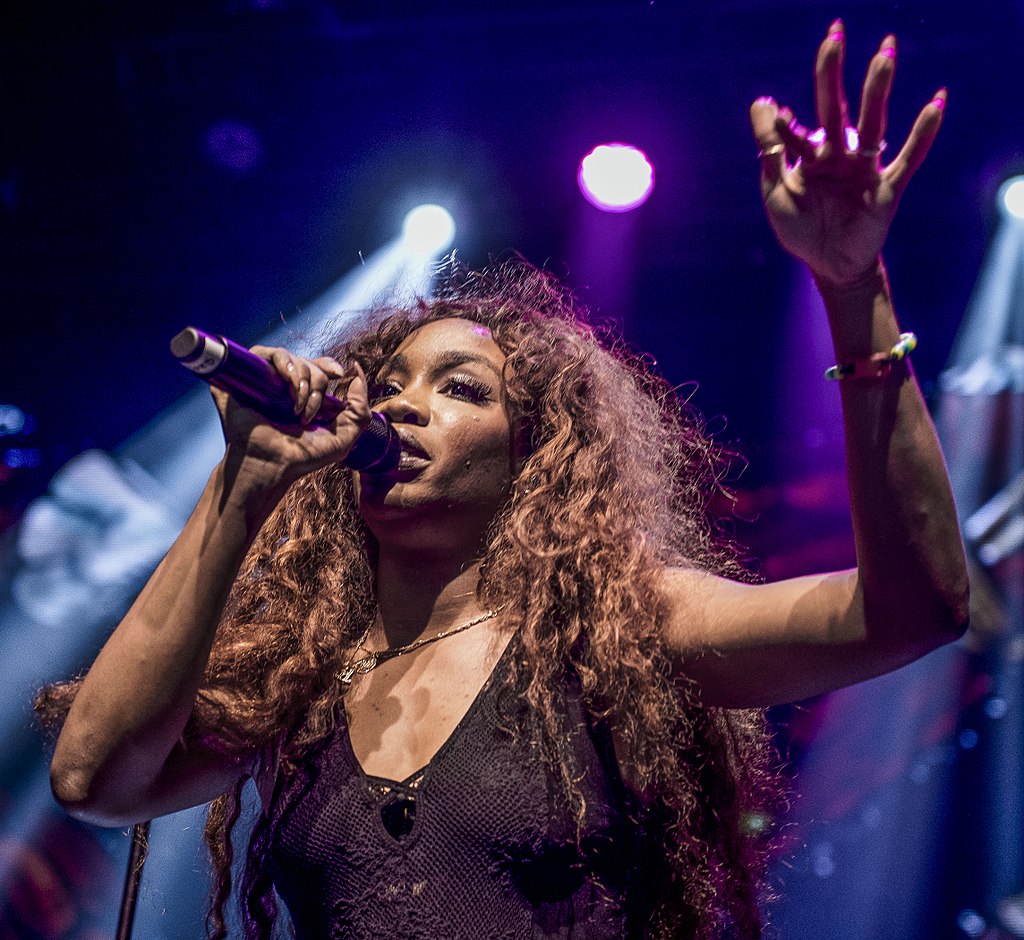
Now this sounds good. We’re moving toward better representation for women in music.
So say the findings of a new study from the Annenberg Inclusion Initiative, which has analyzed the roles women have played in a given year’s biggest pop hits since 2012 (and has released official reports on the matter since 2018). In 2023, the team found that 35% of the songs on Billboard’s year-end Hot 100 singles chart were performed by women – and 56% had women listed in the songwriting credits.
It’s a marked step up from the previous years researchers had analyzed – in fact, it’s only the second time that more than 30% of a year’s top singles had been performed by women since 2012. Some years, it had dipped as low as 17%.
The study’s lead author, Stacy L. Smith – also an associate professor at the University of Southern California’s Annenberg School for Communication and Journalism – called it “a notable milestone and worthy of celebration” in a statement to The New York Times.
The team behind the study points to several phenomena behind the uptick. Part of it is due, simply, to women in music having an especially good year – in particular, artists Taylor Swift and Beyonce both headlining extremely popular (and profitable) worldwide tours, and the success of the women-led soundtrack to the 2023 summer hit movie “Barbie.”
Women of color, such as artists SZA, PinkPantheress and Ice Spice, played an especially large role in the increase, the study adds. Last year, 55 women of color did songwriting work on 2023’s biggest hits in all (as compared to 33 in 2022, and just 14 in 2012).
“However,” Smith noted, “it is still important to recognize that there is room to grow.”
Indeed, parity is still a ways away – especially when one zooms out to view the data collectively. “Women filled less than one-quarter of artist roles across all 12 years examined,” she says.
Plus, representation for women in music studios is still woefully lagging. Last year, only 6.5% of the year’s top songs had women in production roles. A step up from the 2.4% found in 2012, to be sure – but far from ideal, researchers point out.
Added Smith to the Times: “To see progress in one of these areas is encouraging, but there is much more to do to ensure that women behind the scenes in music have access and opportunity to the highest level of songwriting and producing.”



